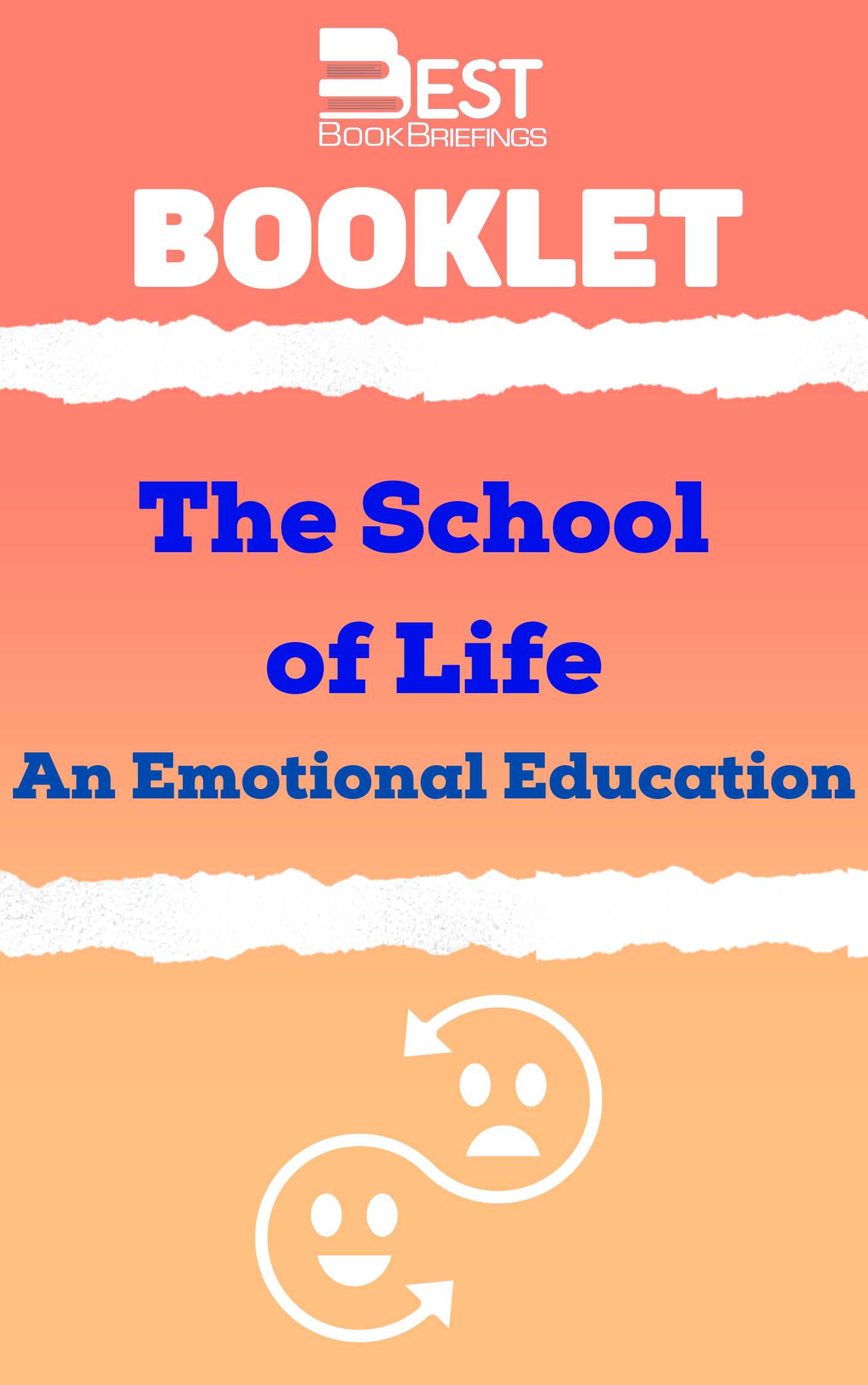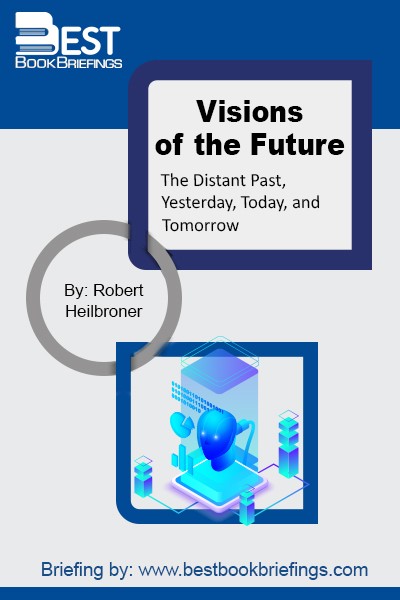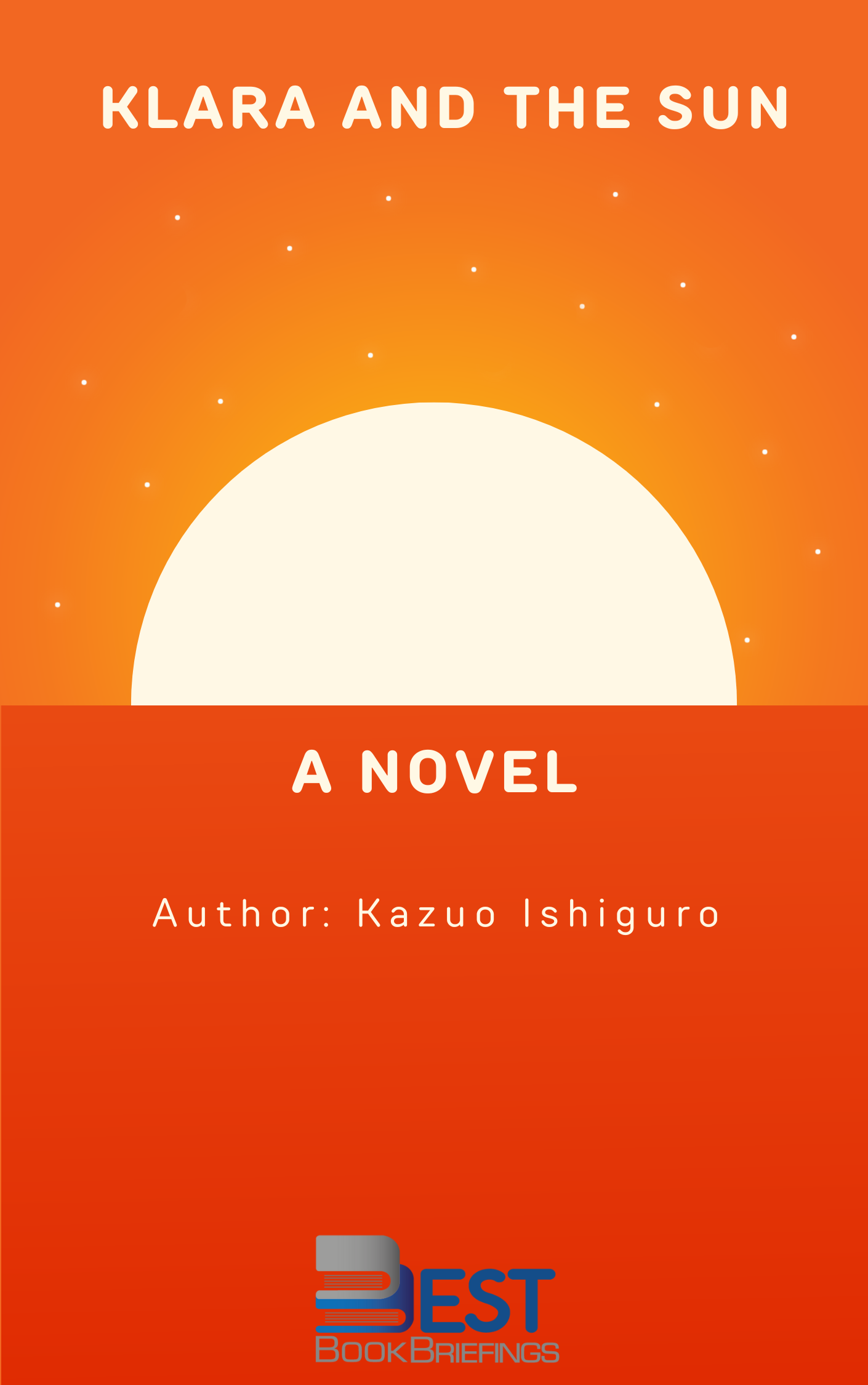Klara and the Sun
A Novel
Editorial Review
Here is the story of Klara, an Artificial Friend with outstanding observational qualities, who, from her place in the store, watches carefully the behavior of those who come in to browse, and of those who pass on the street outside. She remains hopeful that a customer will soon choose her. Klara and the Sun is a thrilling book that offers a look at our changing world through the eyes of an unforgettable narrator, and one that explores the fundamental question: what does it mean to love?
Book Reviews
Books on Related Topics

Emotional intelligence affects every aspect of the way we live, from romantic to professional relationships, from our inner resilience to our social success. It is arguably the single most important skill for surviving the twenty-first century. But what does it really mean?One decade ago, Alain de Botton founded The School of Life, an

In a brilliant conclusion drawing together the threat of nuclear blackmail, global warming and the growing commodification of life represented by video games, voice mail, and VCRs, Visions of the Future issues a call to face the challenges of the twenty-first century with a new resolve strengthened by the inspiration of

What does the future hold for the human race? It’s inevitable that the progress of AI technology will impact every area of our lives, whether it’s healthcare, finance, or politics. In Max Tegmark’s thoughts-provoking book, he unravels a lot of these possibilities and refers to several researches that can give us



